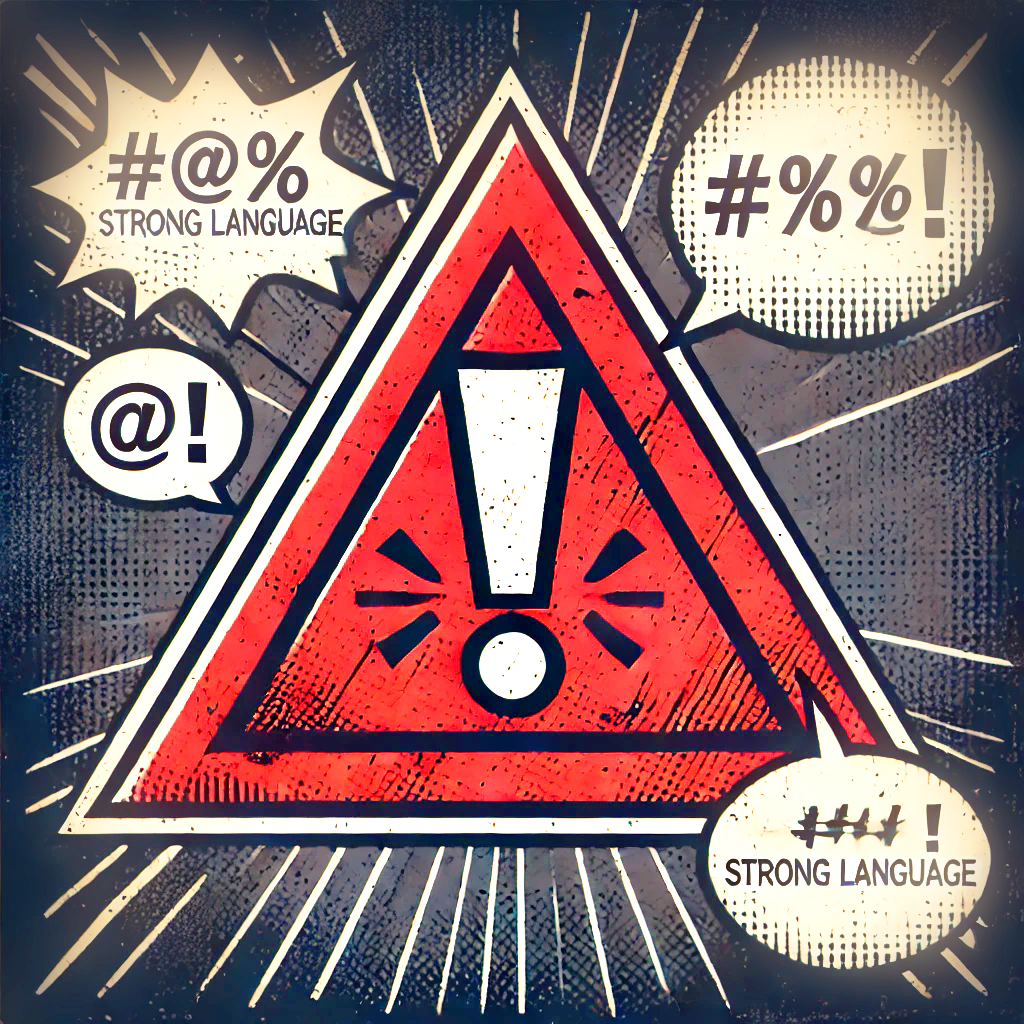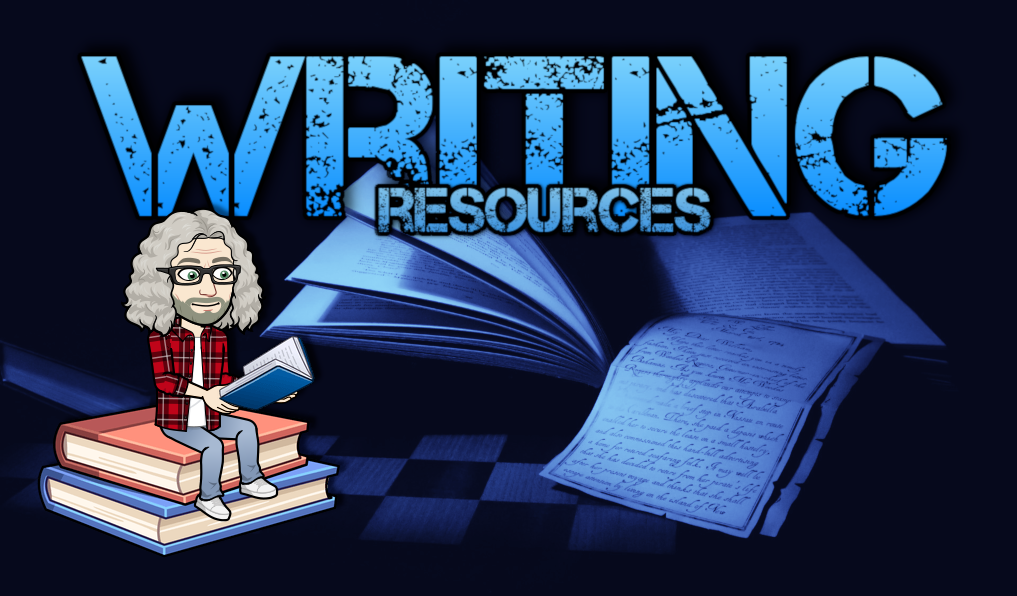This is a simple, straight-forward, albeit a little jumbled, writer’s guide. It isn’t anything fancy, just some things that we, as writers, often forget. This will be updated from time to time, so bookmark it if you find the resource helpful. If you have anything that we’ve missed, let us know in the comments section.
Than vs Then
Than
Use “than” when making a comparison. For example: “She is a better writer than Joel.”
Then
Use “then” when indicating time or sequence. For example: “I went tot he grocery store and then tot he bank.” OR “A gallon of gas cost less than a dollar back then.”
Placement of punctuation in regard to quotation marks.
Take a look at these two sentences:
- She said, “I don’t want flowers.”
- She said, “I don’t want flowers”.
The first one is correct.
A lot of people automatically put the punctuation at the end of the sentence. That is where it belongs, right? Usually, yes. But when your sentence ends with a quotation, you have to be more careful. In that case, the punctuation belongs inside the quotations marks. For example:
- Chris said, “I just can’t support the Detroit Lions.”
- Amy asked her brother, “Do you want to get ice cream with me?”
But what if your sentence starts with a quotation? Do you still stick the “correct” punctuation in there before you continue the sentence, like this?
“That’s not the right recipe.” said Joann.
No. Your sentence continues, and you have to be conscious of that. Use a comma!
“That’s not the right recipe,” said Joann.
If the sentence itself is a question or exclamation (as opposed to the quoted material being the question or exclamation), then the punctuation goes outside the quotation marks.
For example: Did you hear her say “I want chocolate cake for my birthday”?
Like vs Such As
When giving a specific example of something, most people automatically use the word “like.” (There were a lot of kids’ games available, like Monopoly and Jenga.) But guess what? That’s not correct!
The Right Way
‘When used correctly, “like” implies comparison. For example, I enjoy games like poker. That sentence says you enjoy games that are similar to poker. It does NOT mean you enjoy games including poker. To communicate that sentiment, you need to use “such as.”
“Such as” implies inclusion. For example, I enjoy playing games such as poker, bridge, or pitch. That sentence says you enjoy games including poker, bridge, or pitch.
“Such as” might sound a little stiff or formal to you—especially if you’re not used to using it—but it’s the right phrase for the job. A little practice and you’ll warm right up to it!
Stationary vs Stationery
Stationary means unchanging or not moving. My favorite piece of workout equipment is the stationary bike. Stationery refers to the paper you use for writing. For her birthday, Suzy received a lovely monogrammed stationery set.
That vs Which
Did you know there’s a difference in the way we should use the words “that” and “which” in a sentence? (I’m talking about instances when these words introduce a clause with additional information about the subject of the sentence.)
That should be used to introduce an “essential clause”—information that is critical to the reader’s understanding of the sentence. Do not use a comma before the clause.
Which should be used to introduce a “nonessential clause”—information that is interesting or related, but not critical to understanding. Do set off the clause with a comma.
My research shows that this “rule” is somewhat up for debate—some style guides don’t make this distinction. However, I think it makes sense and definitely makes writing flow better, so I’m all for it.
Farther vs Further
We use “farther” when talking about a physical distance. (Example: Our cousins from Texas traveled farther than our cousins from Iowa.)
We use “further” when discussing a figurative distance. (Example: The project will advance no further until the contract is signed.)
You might be able to remember the difference if you think that farther with an “a” is for the actual distance. Or maybe not.
Compliment vs. Complement
A compliment is a nice thing you say to that woman in a pretty yellow dress.
Complement means to add to, enhance, improve, complete, or bring close to perfection. Mustard is a nice complement to ketchup.
Into vs In To
Here is a general rule — ”into” indicates motion. “In to,” on the other hand, can be a lot of different things. Usually, “in” will be part of a verb phrase (meaning the “to” just happened to end up next to it). Here’s what I mean:
- The car slammed into the barrier. (Into indicate the motion/direction of the car.)
- |We broke in to the room. (“Broke in” is the verb phrase… “to” just happens to pop up next.)
Oxford Comma
Have you ever noticed that some people put a comma before the coordinating conjunction in a series? (For example, I like eggs, sausage, and hash browns.) I think most of us were taught to leave that comma out (I was), but the majority of style guides actually advocate using it. (AP style does NOT use this comma, FYI. Silly journalists.) This “extra” comma is called the Oxford comma (or the Harvard comma, serial comma, or series comma).
In my writing career, I’ve both used and not used it, but these days I’m totally pro-Oxford comma. Why?
- You pause there when speaking, so you should also pause when writing.
- It eliminates ambiguity and potential confusion.
Other writers and editors will present additional arguments, but those are my biggies. Of course, the Oxford comma is technically optional, so make your own decision for your blog and stick with it.
One Word or Two
Is it one word or two? Workout or work out? Linkup or link up? Checkout or check out?
Well, that depends.
NOUNS/ADJECTIVES
If you’re looking for a noun or adjective, then it’s one word. For example: “I’m hosting a linkup next week.” (In this case, “linkup” is the noun.) OR “The checkout rate is really low.” (In this case, “checkout” is an adjective.)
VERBS
On the other hand, if you’re looking for a verb, then it’s two words. For example: “I’m going to link up my blog post tomorrow.” OR “I’m going to check out now.”
False Ranges
From design to writing, from production to shipping, we can do it all! Have you ever heard a statement like that? Have you ever made a statement like that? Chances are, you have—I know I have. In fact, even though I know about false ranges (thanks to one very effective past editor), I use them all the time. Oops. The fact is, they roll off the tongue very naturally. And people understand what you mean when you use them, so there’s little reason for the average person to actively try to avoid them. But there’s that nasty grammar thing that says they’re actually incorrect. Darn, right? So, what makes a range false?
A true range indicates a set of something on a continuous spectrum (from ages 15 to 27), and the statement indicates that you’re including everything in the set (ages 16, 17, 18, 19, etc.). It can also be used to indicate steps in a process (from start to finish).
A false range, on the other hand, links items that don’t actually belong together or don’t naturally follow one after the other. (My favorite store has everything from socks to high-end denim.)
To clean up this little mess, you just need to reword your sentence. (My favorite store has a huge selection—I can buy socks, dresses, tops, and even designer jeans.) Pretty simple, and it’ll give you a chance to stretch your writing muscles and find a more original way to say what you mean.
Weather vs Whether
Weather: the stuff outside that influences your wardrobe choices for the day
// Lovely weather we’re having, eh?
Whether: similar to “if,” introduces options/choices
// I wonder whether the show will be renewed for another season.
Every Day vs Everyday
Every day = every single day, yo
Everyday = ordinary, standard, routine, common
Infamous vs Famous
This is one of those times when I think most people would say “I already know that.” But the fact is I see the word “infamous” misused a LOT, so it’s still worth discussing. Y’all, infamous should only be used when referring to someone who’s known for being bad. Check out the definition below.
Infamous: of ill fame or repute; famed or notorious for the badness of any kind; notoriously evil, wicked, or vile; held in infamy or public disgrace
People often use “infamous” when they really mean to say “famous.”
Famous: known or recognized by very many people: having fame.
Presently vs At Present
Did you know that “presently” doesn’t actually mean “right now?” Surprise! If you want to indicate “right now,” you should say “at present” or “currently.” The word “presently” actually means “soon” or “after a short time.” As in: The changes will be made presently.
Assure vs Ensure
Merriam Webster defines these two words as follows:
- Assure: to tell someone in a very strong and definite way that something will happen or that something is true
- Ensure: to make (something) sure, certain, or safe
In short, assure involves your words, while ensure involves your actions. That’s probably not 100 percent fool-proof, but it’s a pretty good starting point. Just in case you’re still lost, here are some examples: You would assure me that all will be well. Studying would ensure your academic success. Make sense?
Uninterested vs Disinterested
Most people probably believe that uninterested and disinterested mean pretty much the same thing. I certainly did. (Do/did you?) But (surprise!) they don’t. Here’s the skinny:
- Uninterested: Not interested
- Disinterested: unbiased, having no personal considerations in a matter
Accept vs Except
Accept and except are two of those words I see misused all the time. But, news flash, they are not interchangeable. Here’s what they really mean:
- Accept: agree to or receive something
- I accept your premise.
- Except: aside from or other than
- I love all types of fruit except watermelon.
Discreet vs Discrete
- Discrete: apart or detached from others; separate; distinct
- Discreet: judicious in one’s conduct or speech, especially with regard to respecting privacy or maintaining silence about something of a delicate nature; prudent; circumspect
Could Have, Should Have, Would Have
When spoken, the contraction “could’ve” usually comes out sounding like “could of”, however, this is not correct. Instead, the correct spelling is always could’ve. This goes for could’ve, should’ve, would’ve, must’ve, etc.
Semi-colons
Semi-colons are not commas. They’re also not colons. A semi-colon is used between closely related independent clauses not conjoined with a coordinating conjunction.
Which means something like this:
“I went to see a movie; I was told it was sold out.”
Or between items in a series or a list that has its own punctuation:
“I have three friends: Maddie, who is my aunt’s daughter; Jane, who is my sister’s teammate; and Nancy, who is my father’s sister.
This page will be updated as we find more to add to this list. This list may turn into a huge file, but it is always good to learn how to write properly.


